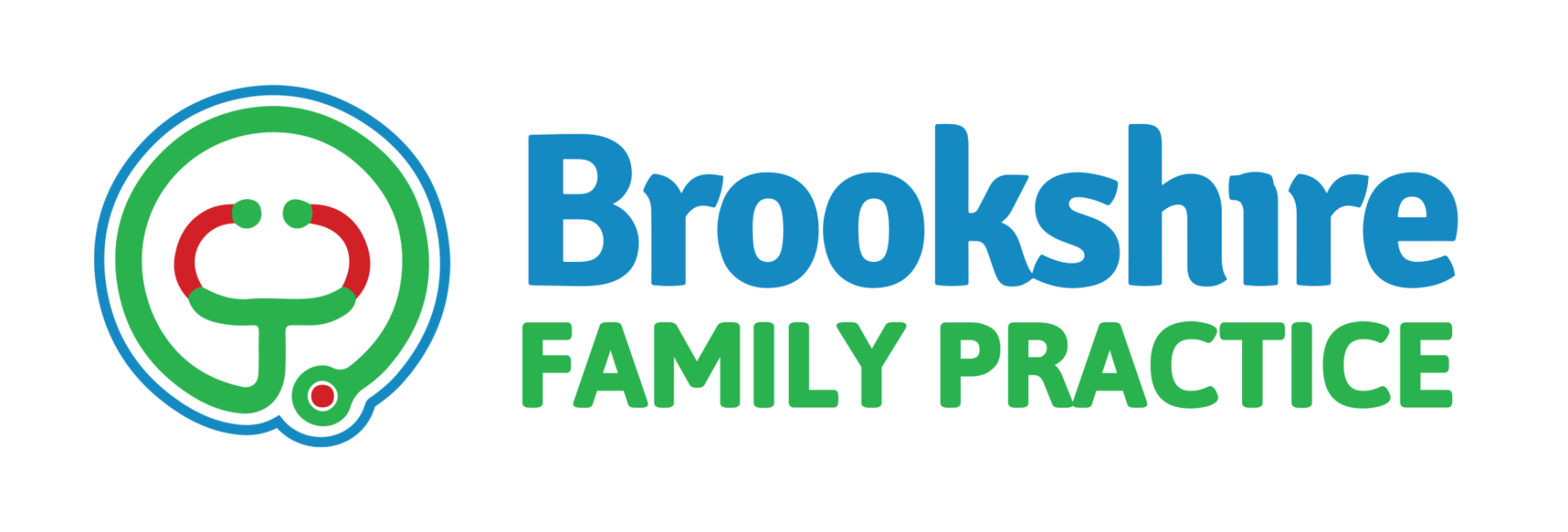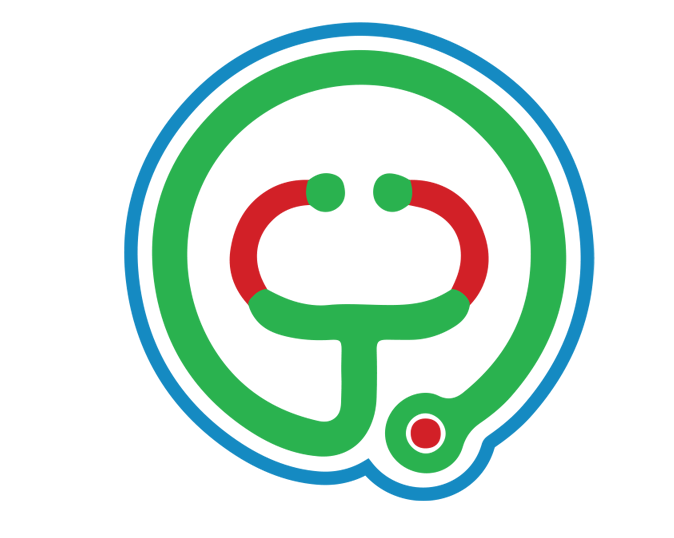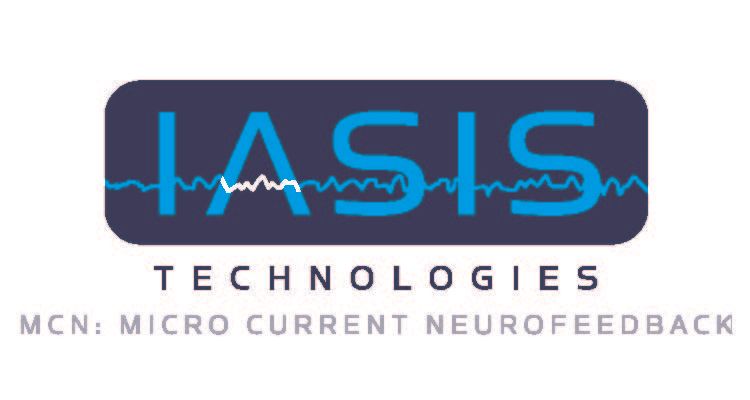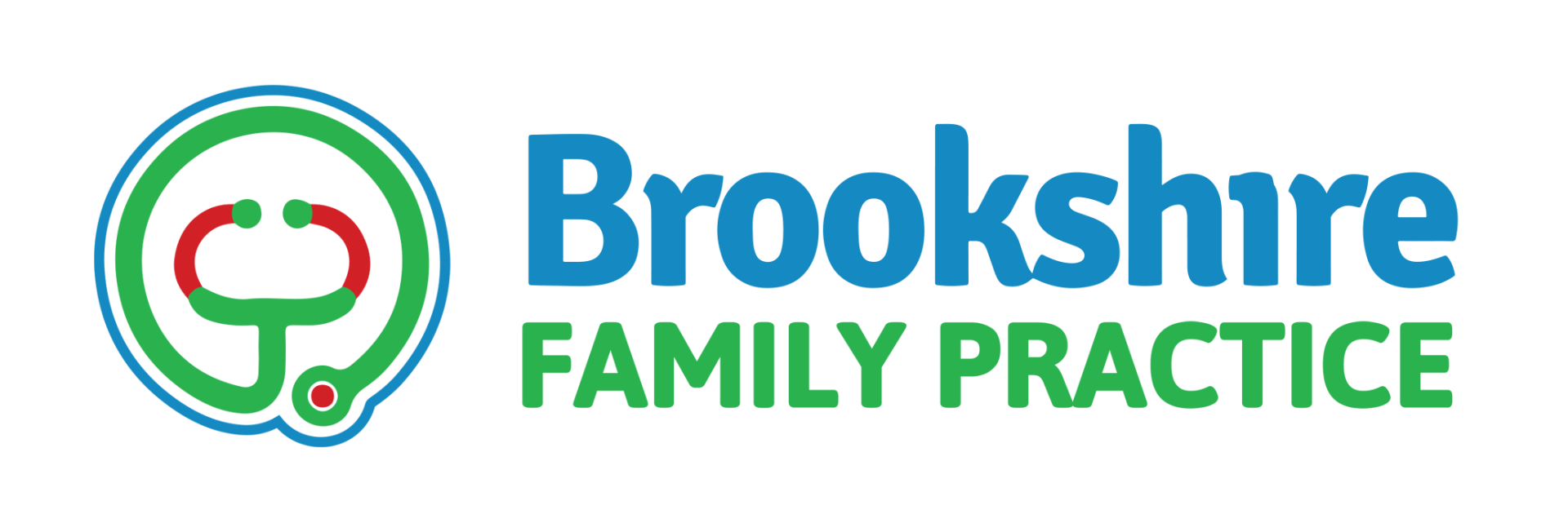What Is Mircocurrent Neurofeedback and How Can It Help Those Struggling With Addiction?
It can be incredibly difficult to recover from an addiction. In fact, many have the belief that you never do fully recover from addiction, regardless of the substance you're addicted to. There are many options available for people struggling with addiction, but not all of them work for everyone. If you feel as if you or a loved one has been trying every possible option to recover from addiction and none of them have been effective, that in itself can be terrifying. There is a 40 to 60% drug relapse rate, indicating that individuals who are dealing with addiction can have a very difficult time changing their behavior. And behavioral modification is much of what recovery has to do with.
That's where microcurrent neurofeedback comes in. This option can potentially change your life, and make it easier for you to recover in the long term. But many people don't understand how microcurrent neurofeedback works for them as individuals. Let's delve into the topic further, and see if it could be the right choice for you.
What Is Microcurrent Neurofeedback?
Microcurrent neurofeedback is a new treatment, essentially aimed at helping the brain restart, in a sense. Usually, the treatment will involve small electrodes being applied to the patient's head. These electrodes will monitor the patient's brain waves and essentially encourage the brain to reset itself. The brain wave patterns are measured over time, with the goal being to redirect them over time.
Typically, the ultimate goal is to create new brain wave patterns. When your brain wave patterns are changed, so too is the general manner in which the brain functions. Ultimately, the purpose is to create a new, refreshed sense of mental clarity. People may report experiencing more calmness after the treatment, as well as easier sleep and purified senses.
How Long Does It Take For Microcurrent Neurofeedback To Work?
Usually, patients report experiencing positive results within three to five treatment sessions. The great thing about microcurrent neurofeedback is that the treatment plan can be individualized, and adjusted to meet your specific needs or the needs of a loved one.
The treatment is not only meant for people with addiction, but also those suffering from a variety of mental disorders. Although it's not necessarily for everyone, it can be highly beneficial for many in the long term.












